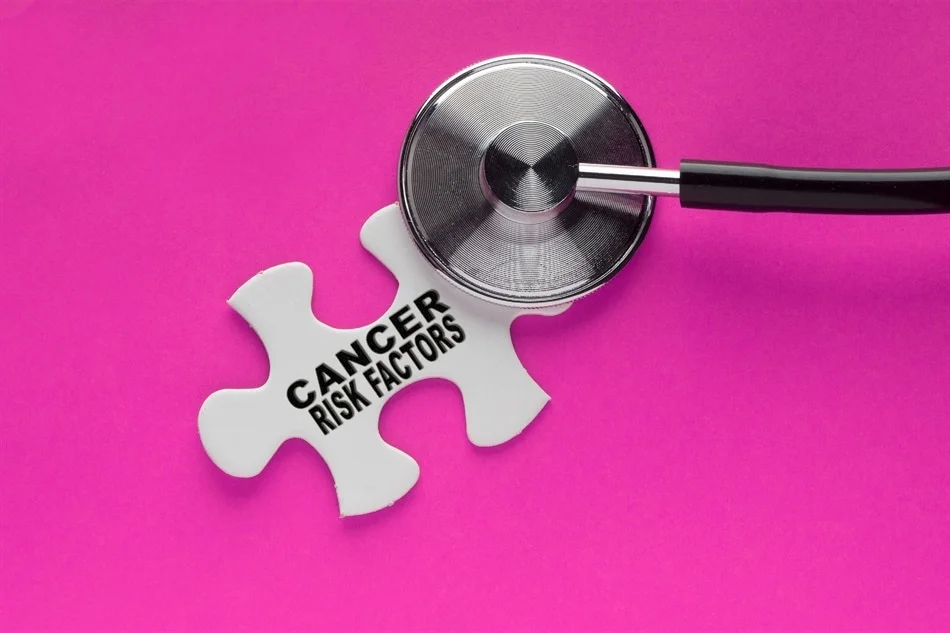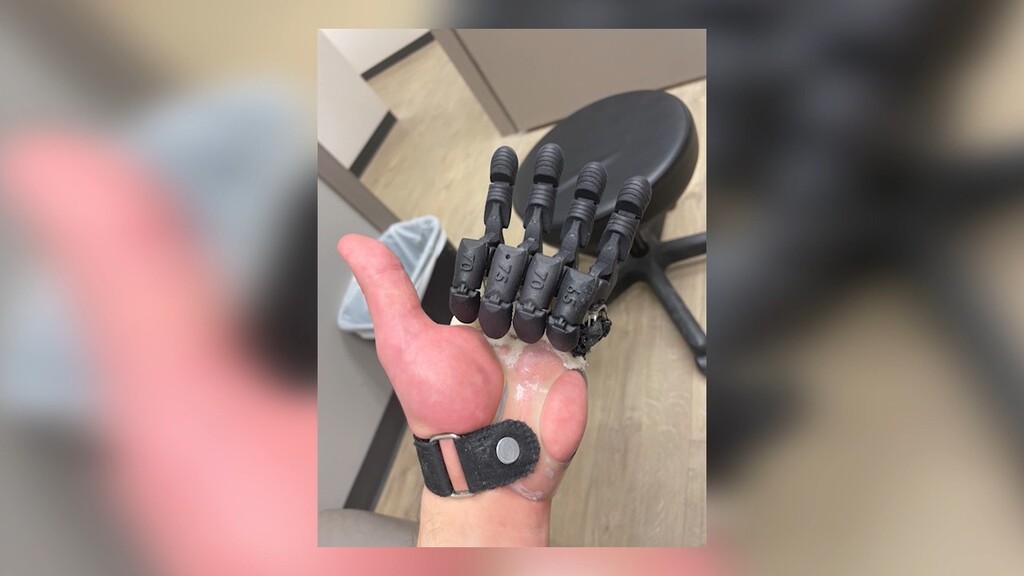In vitro fertilization (IVF) represents hope for many individuals and couples struggling with infertility, but it’s also a journey fraught with challenges that extend far beyond the physical. The emotional and psychological aspects of IVF are often overshadowed by its medical complexities and promise of parenthood. This article dives deeper into the hidden mental burdens of IVF, exploring the experiences and coping strategies for those navigating this demanding process.
The Emotional Rollercoaster of IVF
The IVF journey is an emotional minefield. The steps involved—beginning with consultations and testing, followed by stimulation cycles, egg retrieval, fertilization, and embryo transfer—create a constant ebb and flow of hope and anxiety.
A failed cycle can feel like a devastating blow, compounded by the knowledge that some people endure multiple attempts before achieving success. Each failure often triggers an internal dialogue of guilt and blame, as individuals question their bodies, choices, and even their worthiness as parents. The weight of expectations, whether self-imposed or external, amplifies the sense of responsibility for the outcome.
The “two-week wait,” a period between embryo transfer and pregnancy test results, is often described as one of the most excruciating aspects of IVF. It’s a time filled with obsessive symptom-checking, heightened emotions, and constant inner turmoil. Even a successful outcome doesn’t immediately alleviate anxiety, as concerns about sustaining a healthy pregnancy often take over.
The Financial Toll and Its Mental Ramifications
IVF is one of the costliest medical procedures for many people, especially in countries where insurance doesn’t cover it. Each failed cycle can feel like money spent in vain, deepening feelings of despair. The financial stress can affect decision-making, with couples sometimes questioning how many cycles they can afford emotionally and financially.
Budgeting for IVF often involves significant sacrifices—postponing vacations, selling assets, or delaying other life plans like buying a home or saving for retirement. This financial prioritization reinforces the high stakes of the process, making failure feel even more catastrophic.
Furthermore, societal pressure to “do whatever it takes” to have a child can create guilt for those who decide not to pursue additional cycles due to financial or emotional exhaustion.
Relationship Struggles During IVF
IVF often tests the strength and communication of relationships. While some couples find that facing adversity brings them closer, others struggle with the emotional and physical demands of the process. The imbalance of experiences—such as the physical burden falling predominantly on one partner—can lead to resentment or feelings of isolation.
Disagreements about how many cycles to pursue, the use of donor eggs or sperm, or the ethical considerations of unused embryos can create rifts. Furthermore, societal pressures to conceive can exacerbate conflicts, as couples may feel compelled to continue treatments beyond their comfort zone.
For individuals without a partner, the mental toll of IVF is compounded by the absence of shared emotional support. Solo parents navigating IVF face unique challenges, including making critical decisions alone and enduring the emotional ups and downs without a consistent partner by their side.
The Social Stigma Around IVF
Despite growing awareness about infertility and assisted reproduction, stigma still surrounds IVF. People often feel judged for seeking medical intervention, as cultural and societal norms sometimes frame infertility as a taboo subject or personal failing.
For many, revealing their IVF journey invites unsolicited advice, invasive questions, or even outright criticism. This often pushes individuals to keep their struggles private, creating an isolating experience. The lack of understanding from friends and family, who may not grasp the emotional depth of the journey, further exacerbates feelings of loneliness.
Public interactions can also be painful. For instance, casual remarks like “When are you having kids?” or “Have you thought about adoption?” may come from a place of innocence but can be deeply hurtful for those grappling with infertility and the emotional weight of IVF.
Hormonal Treatments and Their Psychological Impact
The hormonal treatments involved in IVF significantly impact emotional well-being. These medications regulate the reproductive cycle but often come with side effects such as extreme mood swings, irritability, fatigue, and insomnia.
For many, the combination of these physical symptoms with the existing emotional pressure creates a mental health storm. Anxiety and depression are not uncommon, yet they are frequently dismissed as a “normal part” of the process. The inability to control these emotions can leave individuals feeling disconnected from themselves and those around them.
The Role of Workplace Stress
Balancing the demands of IVF with professional responsibilities adds another layer of complexity. Frequent doctor’s appointments, unexpected complications, and the emotional strain of treatments can make maintaining productivity and focus at work difficult.
For those hesitant to disclose their journey to employers or colleagues, the stress multiplies. Excusing absences without explanation or navigating a lack of workplace flexibility can feel like an additional burden. The fear of being judged or overlooked for career opportunities due to perceived “distractions” adds another layer of anxiety.
Navigating Life Beyond IVF
The mental toll of IVF doesn’t necessarily end after treatment, regardless of the outcome.
- For those who achieve pregnancy: Anxiety often persists, with fears of miscarriage or complications overshadowing the initial joy. Some individuals report heightened vigilance throughout their pregnancy, finding it difficult to fully celebrate their success.
- For those who don’t conceive: The end of IVF can feel like a loss of identity or purpose. Letting go of the dream of biological parenthood requires significant emotional adjustment, as does redefining what family and fulfillment mean.
The post-IVF phase often necessitates a grieving process that goes unacknowledged. Finding closure is deeply personal and may involve exploring alternative family-building options, embracing child-free living, or continuing other aspects of one’s life journey.
Cultivating a Culture of Compassion and Support
The unspoken mental toll of IVF underscores the need for systemic change in how society approaches infertility and assisted reproduction. Normalizing discussions about the emotional impact of IVF can empower individuals to seek help without fear of judgment.
Healthcare providers play a crucial role in integrating mental health support into fertility treatments. Regular access to counselors or therapists should be standard practice, ensuring individuals and couples have tools to navigate the emotional challenges.
Furthermore, workplace policies that support those undergoing fertility treatments—such as flexible scheduling and confidentiality protections—can alleviate external pressures, enabling people to focus on their journey.
Fostering Resilience and Hope
Despite its challenges, the IVF journey can also be a testament to human resilience and hope. Acknowledging the emotional struggles doesn’t diminish the strength of those undergoing treatment—it highlights the courage it takes to pursue parenthood against all odds.
By shedding light on the unspoken mental toll of IVF, we can move closer to a world where individuals feel empowered, supported, and validated in their reproductive choices. Let this conversation be a starting point for change.
The Overlap Between Physical and Mental Exhaustion
The physical demands of IVF frequently overlap with emotional exhaustion, creating a compounded effect that drains overall well-being. Daily hormone injections can leave individuals bruised and fatigued, while invasive procedures such as egg retrieval can result in physical discomfort or complications.
This physical strain often leads to heightened emotional sensitivity. For example, chronic pain or fatigue may amplify feelings of frustration or sadness, creating a cycle of physical and emotional depletion. Individuals may feel trapped in their bodies, struggling with a lack of control over both their fertility and their mental health.
The Role of Gender Dynamics in Coping with IVF
Men and women often experience IVF differently, and these differences can influence their mental health. Women typically bear the brunt of the physical aspects, from hormone injections to embryo transfers, which often places them at the center of the emotional challenges.
Men, on the other hand, may feel sidelined or unsure of how to support their partner. They may struggle silently with feelings of inadequacy if male factor infertility is a concern or feel helpless witnessing their partner’s pain. These differing experiences can create a communication gap, exacerbating stress within the relationship.
Addressing these dynamics requires open and honest communication. Couples counseling or joint therapy can provide tools to navigate the emotional disparities and strengthen their partnership during the process.
IVF and the Broader Impact on Family and Friendships
The ripple effects of IVF extend beyond the individual or couple undergoing treatment. Family members and close friends often want to offer support but may inadvertently add pressure by asking well-meaning but intrusive questions like, “How’s it going?” or “Are you pregnant yet?”
This dynamic can strain relationships, particularly when loved ones lack a full understanding of the emotional complexity of IVF. Some individuals may withdraw from social interactions to avoid these conversations, leading to feelings of isolation.
Educating family and friends about how to provide sensitive support—such as listening without offering advice or avoiding unsolicited opinions—can help ease this tension and create a more nurturing environment.
The Intersection of Cultural and Societal Expectations
Cultural expectations around parenthood often heighten the emotional toll of IVF. In many cultures, having children is seen as a vital milestone or even a moral obligation. Couples facing infertility may feel a profound sense of failure, compounded by societal pressure to conform.
For those undergoing IVF in societies where assisted reproduction is stigmatized or misunderstood, the journey can be even lonelier. Religious or ethical debates around fertility treatments, the use of donor gametes, or embryo freezing can add another layer of emotional complexity.
Navigating these cultural landscapes requires immense resilience. Finding support within community groups that understand these unique pressures can provide a lifeline, offering validation and understanding.
The Importance of Mental Health Professionals in the IVF Process
One of the most significant gaps in fertility treatment is the lack of integrated mental health support. While clinics often focus on the physical aspects of treatment, the emotional needs of patients can go overlooked.
Having a mental health professional as part of the fertility care team can make a significant difference. Therapists specializing in reproductive health can help individuals and couples:
- Process grief and loss associated with infertility.
- Develop coping strategies for managing stress and anxiety during treatment.
- Navigate difficult decisions, such as when to stop treatment or consider alternatives like adoption.
Building a Support Network
A robust support network is crucial for navigating the mental toll of IVF. This network can include:
- Partner Support: Open communication and mutual understanding within a partnership.
- Friends and Family: Trusted loved ones who respect boundaries and offer nonjudgmental support.
- Support Groups: Communities of individuals who understand the unique challenges of IVF.
Online forums and social media groups have become valuable resources for many, providing a safe space to share experiences and advice. However, it’s important to approach these spaces with caution, as not all information is accurate or applicable to individual situations.
Finding Joy Amid the Struggle
Amid the challenges of IVF, finding moments of joy and connection is essential. For some, this might involve pursuing hobbies, spending time with loved ones, or practicing mindfulness techniques such as meditation or yoga.
Celebrating small victories—like a successful egg retrieval or fertilization result—can also provide emotional sustenance. While these milestones may not guarantee a successful outcome, acknowledging progress can foster a sense of hope and positivity.
Embracing Alternative Paths to Parenthood
For those who reach the end of their IVF journey without a successful pregnancy, the process of redefining their future can be both painful and liberating. Exploring alternative paths, such as adoption, surrogacy, or embracing a child-free lifestyle, requires emotional processing and self-reflection.
It’s important to note that these choices are deeply personal and should be free from societal or familial judgment. Whatever path is chosen, finding peace often involves shifting focus from what was lost to what can still be gained.




